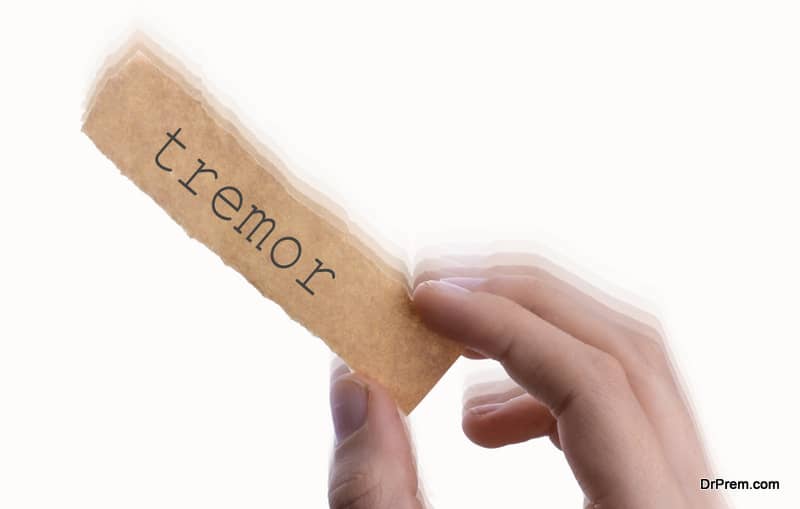Why do people drink alcohol? This question has been a real concern for everyone. With an increasing modernization and smartphone generation, people often go to clubs and pubs on the weekends to reduce their work stress and enjoy some time with their peers. To increase their happiness and joy, they also take some beverages, which mainly consists of alcohol. Most of them are influenced by their friends, many consume alcohol it because they want to relieve their stress, and some take it as a fashion. These things are common within the youth. But no one knows that this casual drink also has to potential to form an addiction or dependence. Let’s discuss what alcohol does to our brains and why people find it difficult to withdraw from alcohol.
What alcohol does to our brain and why do people drink it repeatedly?

Drinking alcohol may have a deep effect on thought, mood, and behavior of a person as it releases a neurotransmitter called dopamine. These neurotransmitters are chemicals, which help to communicate with the rest of the body. When a person drinks alcohol, it affects the brain and disturbs the state of mind, which may lead to an altered state of consciousness, fatigue, minimal coordination, and euphoric feelings. To restore this imbalanced state, certain neurotransmitters undergo changes in their functions, causing a chemical imbalance. These chemical changes in the neurotransmitter may also lead to form a pathological craving pathway, which ultimately causes alcohol dependence. Neuroscientists are trying to gain a better understanding of why do people drink alcohol and how consumption of alcohol leads to chemical changes in the brain.
Alcohol dependence and tolerance makes it difficult to withdraw

If a person takes alcohol for a long-term, the brain gets adapted to these chemical changes and starts compensating for the effects. A heavy drinker responds to these effects differently as compared to the one who drinks moderately. A heavy drinker becomes intolerant and insensitive to the alcohol effects and starts drinking more than before to get intoxicated. Hence, it becomes difficult to quit or withdraw alcohol for any reason as there are numerous withdrawal symptoms which come up. It includes vomiting, headaches, sweating, anxiety, and restlessness, which can be severe during the 48 hours following a drinking bout. These symptoms are seen because the brain is accustomed to alcohol so much that a sudden withdrawal triggers the brain centers to form a relapse. Hence, a person needs help to overcome the withdrawal symptoms and abstinence of alcohol.
How to deal with alcoholism and drugs?

People who are addicted to alcohol may need help and treatment, as the dependence of alcohol may lead to physiological as well as psychological changes. Detoxification or withdrawal treatment involves rest, counseling, good nutrition, medicines, and vitamin intake to overcome the withdrawal effects and get the alcohol out of the body. Medicines such as naltrexone, acamprosate, and disulfiram are being prescribed to prevent the relapse. But, there has to be a proper follow up with the person, as without a follow-up, he is likely to relapse and start using alcohol again. There are several medicines for alcoholism and drugs treatment and rehab services are also being established everywhere.
Residential rehabilitation facility is also set up to help people struggling with alcoholism

Medication alone cannot help in achieving a complete recovery from alcohol or drugs dependence. Rehab centers are the only place where the person struggling with alcoholism can get help. There are many different treatment methods, which help the individuals to overcome alcohol and its harmful effects. Medical detox, inpatient treatment, partial hospitalization, intensive outpatient treatment, and outpatient treatment are several options, which are used according to the severity and history of the person. Residential rehabilitation facility is also set up for such people where they can stay and receive counseling and support to recover from alcohol or drug addiction completely. Innovative technologies like positron emission tomography PET, event-related potentials (ERPs), magnetic resonance imaging (MRI), and magnetic resonance spectroscopy (MRS) are also helping the scientists to identify the changes that occur in the brain structure and function due to alcohol consumption.



